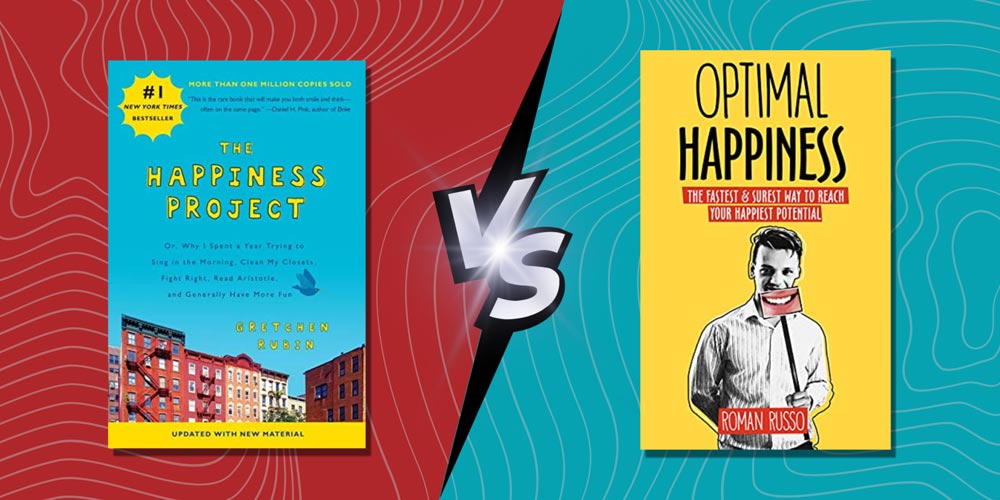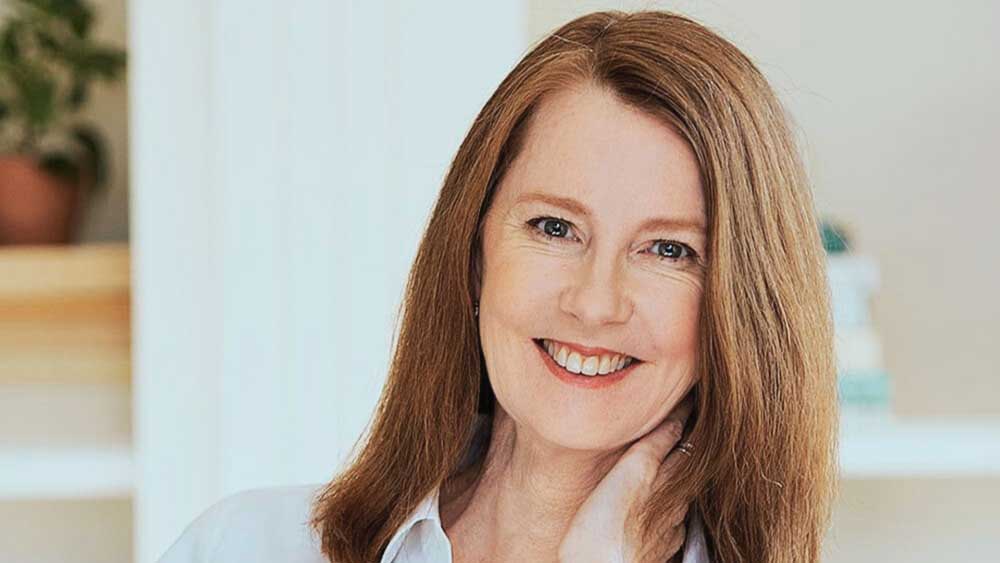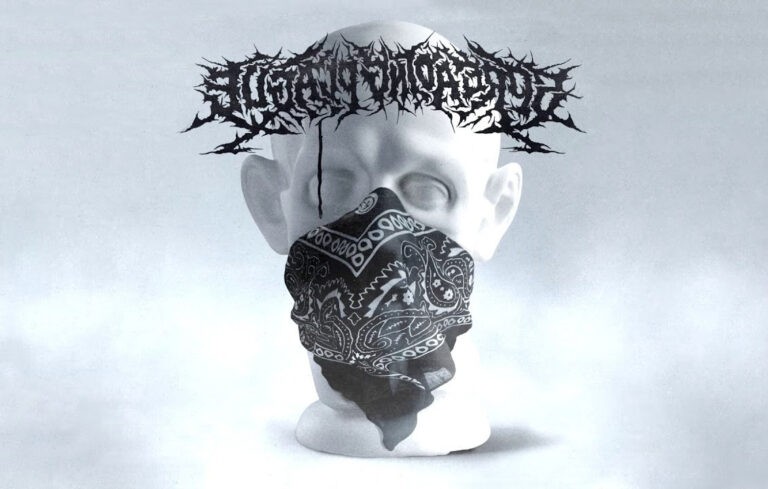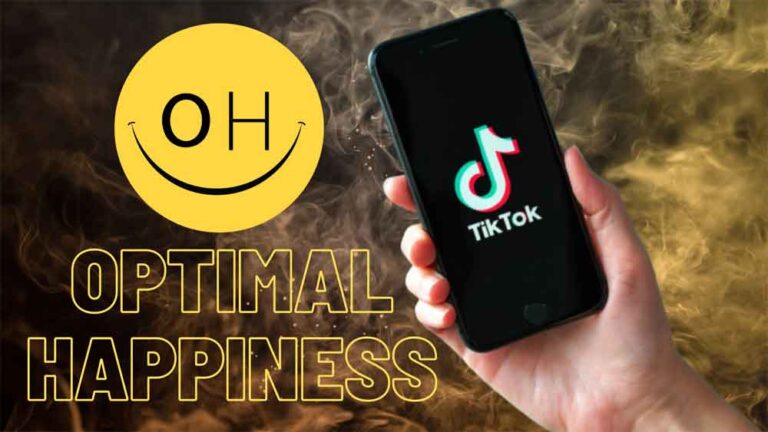
Gretchen Rubin is successful in her career, has a loving family with an amazing husband and children, a great home, and virtually everything else in her life is going great. She is clerking for the Supreme Court and has written many books on subjects unrelated to the study of happiness, such as biographies, self-help books, and now a book about happiness.
However, she still admits to feeling unhappy, or at least not as happy as she would ideally like to feel. She feels guilty for feeling unhappy, and it takes a lot of courage to express this emotion because many people consider her situation to be great, amazing, and even desired, while for her, it isn’t enough.
This is why Rubin starts a 1-year research project called The Happiness Project, which is her journey of proactively addressing why she is still unhappy and seeking the desired happiness in her life. She uses her book as a journal of things she is trying and discusses why she believes they are working or not.
At the end of her book, the author does not provide a definitive answer regarding whether or not she achieved the high level of happiness she had been seeking. Perhaps this ambiguity is due to her contentment with the effort she put forth, as many successful people acknowledge that happiness can be a fleeting state that some spend their entire lives pursuing, yet may struggle to attain or sustain for various reasons, which in the case of Gretchen Rubin’s “The Happiness Project,” seems to be the case.
Elusive Happiness
The search for elusive happiness to me resembles the search for riches and money, which virtually everyone in the world is forced to embark on, but which we all achieve to different levels of success. Some people become quite successful and wealthy, while others have moderate results, which we can classify as middle class, while another group still struggles with money throughout their lives.
So, let’s imagine a person who is not yet successful, wealthy, or happy embarking on a quest to find these qualities, with their starting point being “not there yet.” How likely are they to reach their desired destination? I’d say the chances of going from zero to hero are pretty slim, with moderate results being well possible, as not knowing what it takes to succeed will likely lead to many mistakes and uncertain results at best.
I guess this is my biggest criticism of The Happiness Project. In the end, the author doesn’t find the high level of happiness she was looking for, still ending up in the “middle class” of happiness mastery.
The Happiness Project – Review

I don’t want to come across as harsh, and some may perceive my critiques as a reflection of my own unhappiness. However, since we are discussing a book review and how it fits into the whole discussion on the topic of happiness, I feel like some negative points are appropriate. Happy people can still voice their dislikes and disagreements as long as they do so correctly.
As such, when reviewing a book on happiness, I prefer to be straightforward, as some people may be interested in working with Gretchen Rubin based on an objective review from someone working in the field to decide if they want to join her on their personal happiness project. Therefore, providing comprehensive information is crucial.
So while “The Happiness Project” is well-written, widely popular with the general public, and well-received on platforms like Amazon, it doesn’t make it to the top of my all-time favorite happiness books. It falls somewhere in the middle of my list of recommended happiness books. I recommend other books and sources that are better suited to the pursuit of happiness.
Why Happiness Is So Hard to Find
I guess the biggest mistake Gretchen Rubin made with The Happiness Project, and one that many people also make, is falling for the trap of the “100 happiness tips.” This trap involves trying to make a list of 100 things that one believes are associated with happiness, which is easy to do because almost everything can be linked to happiness or unhappiness in some way.
Rubin lists her 100 tips for happiness without considering that everyone is pursuing their own top 100 list, yet most people still struggle with finding happiness. As such, if you were to ask a depressed person for their 100 points list, they could easily provide you with one. So, what is the real value in such a list?
The solution to the 100-point happiness list is to understand the extent to which each of these points actually affects our happiness. After all, different things will bring us varying levels of happiness and unhappiness. So, what will make you the happiest? That is the real answer we need to seek.
Instead, I propose that we ask the people who have achieved happiness, the so-called 1% happiness elite, for their tips on how to be happy. They will be able to guide us on which aspects to focus on and to what extent, as well as provide a general overview of the most common mistakes, errors, and pitfalls to avoid in our pursuit of happiness.
The Happiness Project – Last Words

Overall, Gretchen Rubin’s The Happiness Project shows that despite living in one of the wealthiest and most developed societies the world has ever seen, many people are still dissatisfied with their current state of well-being, even if they live pretty good objectively speaking. However, what counts is subjective experience, as the real measure of life is how much we are enjoying it. Being rich but unhappy might not be as good as being comfortable but extremely happy.
Moreover, it raises an important question of how long we are going to listen to “good suggestions” before we say that we don’t just want to be “happier,” but we want to be “the happiest we can be” in a lasting way.
So if happiness is indeed your life goal and you want to find lasting happiness, then Optimal Happiness has you covered. We propose a program guaranteed to make you happy today and forever.
Does this sound too good to be true? It shouldn’t, because you can and should be happy, provided that we all have enough resources to achieve this goal. We just need to be shown how to all comes together. This is exactly what Optimal Happiness specializes in, and I hope you will contact us for a free enquiry call where we can discuss your situation with one of our top-rated happiness experts.
Stay happy!















